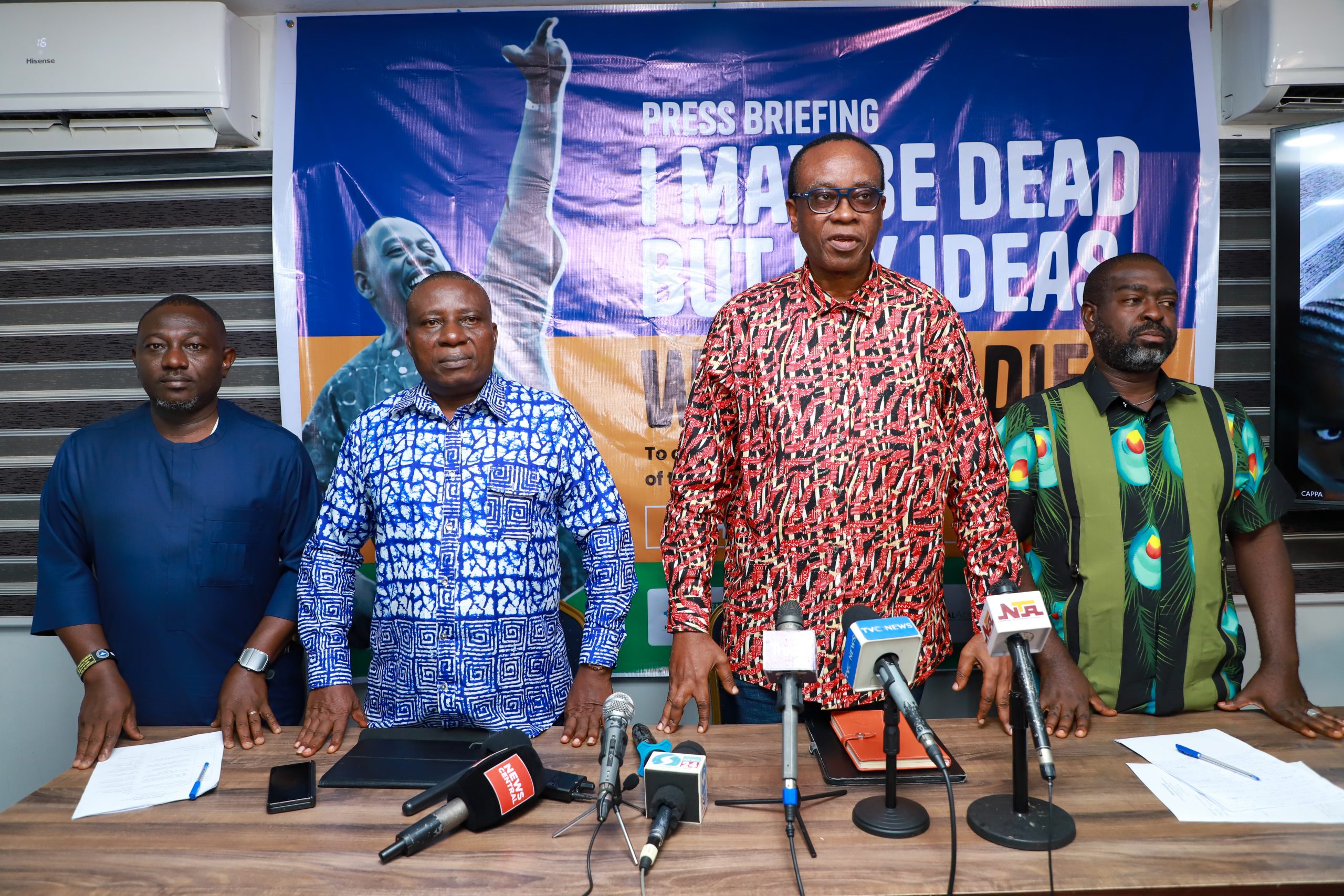Civil society organizations in Nigeria have vehemently rejected plans to resume oil drilling in Ogoniland, citing the legacy of environmental activist Ken Saro-Wiwa.
Recall that Saro-Wiwa was executed in 1995 for his activism against the environmental degradation caused by oil extraction in the region.
At a World Press Briefing on Monday, 15th September held in Lagos to commemorate the life and work of environmental activist Ken Saro-Wiwa, a coalition of civil society organizations (CSOs) including: Corporate Accountability and Public Participation Africa (CAPPA), Health of Mother Earth Foundation (HOMEF),, Environmental Rights Action (ERA)/Friends of the Earth Nigeria (FoEN), along with seven others, stated that any attempt to resume oil operations in Ogoniland would reopen old wounds and deepen the scars of pollution and death left by Shell and its collaborators.
They made their key demands which included
” A comprehensive and transparent cleanup of Ogoniland and the entire Niger Delta, with local communities fully involved in planning and execution.
” Multinational oil companies must pay reparations for environmental damage and submit to legal, financial, and moral responsibility for their actions.
“Justice for Communities. The state must prioritize community interests, safeguard their rights to live in dignity, and ensure remediation and development reach the people directly.
“Decriminalization, that would involve Protection for environmental and human rights activists, recognizing their voices as essential to democracy and human well-being.
“Leave the Oil in the Ground , immediate demilitarization of the Niger Delta and a halt to all attempts to resume oil operations in Ogoniland .”
Renowned environmentalist, Dr. Nnimmo Bassey, dismissed the claim that oil money leads to community prosperity, stating it achieves the direct opposite.“Point to us one community in the Niger-Delta after 70 years of oil extraction that has been developed because of oil, just one. Can you name one village that was developed because of oil? One village, not even a city! So, that argument is totally unacceptable,” he said.
CAPPA’s executive director, Akinbode Oluwafemi, said oil companies whose current and historical activities have contributed to environmental infractions and injustice must pay commensurate reparations for the devastation they have caused.
He said: “These payments must reflect the true cost of decades of pollution, loss of livelihoods, destruction of ecosystems, and the generational poverty imposed on communities. No company should be allowed to divest or walk away from liabilities while people still drink poisoned water, breathe poisoned air and farm on toxic soil. True accountability means cleaning up their mess, restoring what was lost, and submitting to legal, financial, and moral responsibility for crimes against people and the environment. We therefore demand that every action taken on divestment be immediately reversed.”
Director, Miideekor Environmental Development Initiative, Celestine Akpobari, said nothing short of a thorough and transparent clean-up of Ogoniland and the entire Niger Delta would be acceptable to the people. “We demand that every drop of spilled oil must be accounted for, every community must be healed, and every life must be restored. This clean-up must be scientific, transparent, and independently monitored, with local communities fully involved in planning and execution. Polluted water sources must be detoxified, mangroves regenerated, and farmlands returned to productivity. Anything less is an insult to the memory of those who died demanding justice and a continuation of the very injustice Ken Saro-Wiwa fought against.”
Comrade Kentebe Ebiaridor said the level of oil spillage was so damaging that it would require at least a trillion dollars to begin the cleanup of the Niger Delta.
Saro-Wiwa’s struggles against Shell and the Nigerian government highlighted the devastating impact of oil extraction on local communities. His execution sparked international outrage, and his legacy continues to inspire movements for environmental justice and human rights. The Ogoni people have been demanding justice, accountability, and environmental restoration for decades.
Source: Nigerian Panorama



